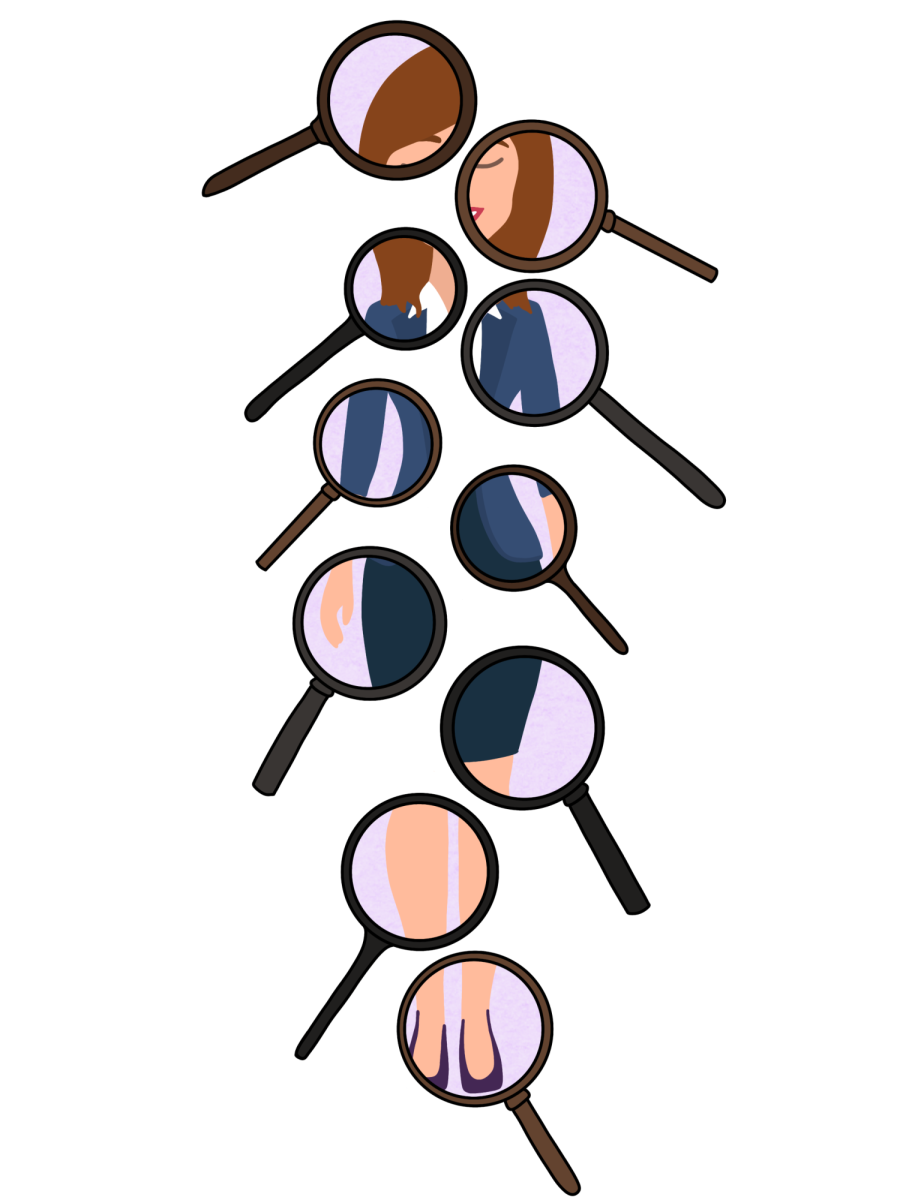I’ve already come out as a pop music fan, so it should come as no surprise to any of you that I watched the entire “Call Her Daddy” interview with rising pop star Chappell Roan. To me, the interview seemed very conventional: Roan was asked about her music, her experience performing on tour and her extravagant outfits. However, the interview has since sparked controversy after one comment: “All of my friends who have kids are in hell.”
Chappell Roan does not have kids herself, though many of her friends do, and despite clarifying that her friends who have kids are in “hell” because they love their children so much, Roan still faced a significant amount of backlash. I first encountered this backlash related to her comment while scrolling through Instagram, seeing one of many reels criticizing the pop icon. After doing so, I searched online to see if anyone else was talking about Roan’s comment. They were. I was bombarded with articles analyzing Roan’s comment, as well as journalists inserting their own opinions on the matter. Headlines include MSNBC’s “Chappell Roan is right. Raising kids in this country can be hell,” Elle’s “Parents Are Angry At Chappell Roan’s Motherhood Comments — But Stats On Mothers’ Experiences Prove She Has A Point,” and many more.
These were the articles I came across after doing a simple Google search and typing in “Chappell Roan.” There was nothing about her music — only a simple comment she made during a one-and-a-half-hour interview.
The articles may not seem very hateful, but others sure are. Matt Walsh of The Daily Wire remarked that this comment was ironic coming from a “dead-eyed consumerist zombie” like Chappell Roan, going on to call her one of the “least vibrant women” he’s ever seen in his life. Yes, he is referring to the woman who continually dresses in drag, performing over-the-top pop songs. Perhaps it is a bit unfair to use Matt Walsh, a known conservative from The Daily Wire, as my example, but the point stands nevertheless. Chappell Roan, a woman who made one comment about her friends and their experience, is being scrutinized by countless media outlets and commentators for something they seem to be taking out of context.
This sort of hate is not uncommon. Chappell Roan has been criticized in the past for not wanting to be harassed by paparazzi, being too political and not being political enough. This is just referring to one pop star. Recently, you may remember similar slander toward Sabrina Carpenter, saying she is being too sexual at her shows and that it is not appropriate for children. When she then clarified, remarking that her shows are not intended for children, she faced even more criticism. Another example is Ariana Grande being consistently labeled as a homewrecker, while Ethan Slater, the person whose home she supposedly wrecked, has had little to no media attention.
Are you noticing a pattern here? Female pop stars are consistently negatively portrayed in the media. Everything they do, say and even wear is overanalyzed by everyone: journalists, social media and even in everyday conversation. Can you recall a time a male pop star has been called out for being too sexual at a show?
In my opinion, female pop stars are disproportionately criticized in the media compared to their male counterparts. We often forget that these popular figures are still people. They are being affected by the hate they receive, and I guarantee that you can watch any interview with any female star to know this is true. Many argue that this simply comes with stardom, and that the pop stars should accept this hate as part of the job. I disagree. Many thought that stars being harassed by paparazzi was just “part of the job” until Chappell Roan spoke out, and as a result, people stopped harassing her to an extent, at least in person.
Why is not harassing a pop star online so difficult? Remember that stars are people, too. If you wouldn’t publicly speak about a random stranger’s comment about their friends’ experience with kids, don’t publicly speak about Roan’s comment. Simply because she is a celebrity, we feel as though it is socially acceptable to overanalyze Roan, even though this is far from the truth. The same applies to Ariana Grande’s personal life and relationships and Sabrina Carpenter’s sexuality. Being torn apart by the media should not be part of the job, so leave the female pop stars alone.


















